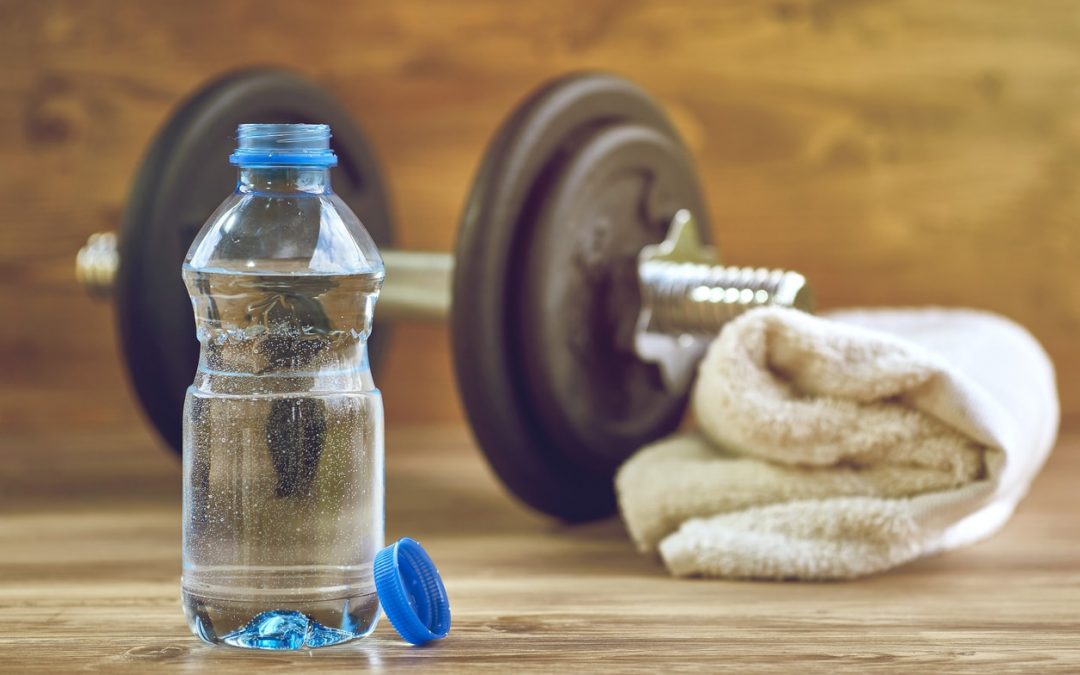Why is Muscle Mass Important?
According to the American Journal of Clinical Nutrition, muscle mass, strength, and metabolic function is not only necessary for exercise, but also for the activities of everyday life. There is also evidence to prove that having strong, healthy muscles plays an important role in the prevention of chronic diseases. Unfortunately, the phrase “use them or lose them” applies to all of your muscles. A sedentary lifestyle and poor diet significantly increases the rate of muscle mass loss. No matter what age you are, your muscle tissue can be strengthened and even regenerated with the right lifestyle changes.
How To Maintain Healthy Muscle Mass
Building and maintaining muscle mass is nearly impossible without exercise. Be conscious of how much you sit and try to be active as much as possible. If your job requires a lot of sitting, remember the “sit for 60, move for 3” rule. So for every hour you sit, be sure to stand up and stretch or walk around the office for at least 3 minutes. The CDC recommends that adults should participate in strength training exercises at least two days a week along with aerobic exercise for maximum health benefits and to maintain their muscle mass. Examples of strength training include lifting weights, using resistance bands and doing push-ups, pull-ups and sit-ups.
Proper nutrition is also an important factor in maintaining muscle mass. Many people may think they should just increase the amount of protein they eat and that will help maintain muscle mass. This is not necessarily true. Protein should only account for 10-35% of an adult’s daily caloric intake. What is important is to avoid processed, sugary foods as much as possible and focus on having a balanced diet of lean proteins, vegetables, fresh fruits, whole grains, legumes and healthy fats.
Getting enough, quality sleep is just as important as exercise and nutrition. Sleep deprivation causes irritability, sugar cravings and poor performance, all of which make exercising and healthy eating more difficult. Sleeping for 7-8 hours a night ensures your muscles and mind have time to recover and you wake up feeling refreshed. Also, most of the muscle building and beneficial hormones are released during the NREM-3, also known as deep sleep, and the REM stages of sleep. Getting the recommended 7-8 hours of sleep means reaching these stages of sleep 3-4 times a night, which is necessary for optimal health.
Click here to learn more!








